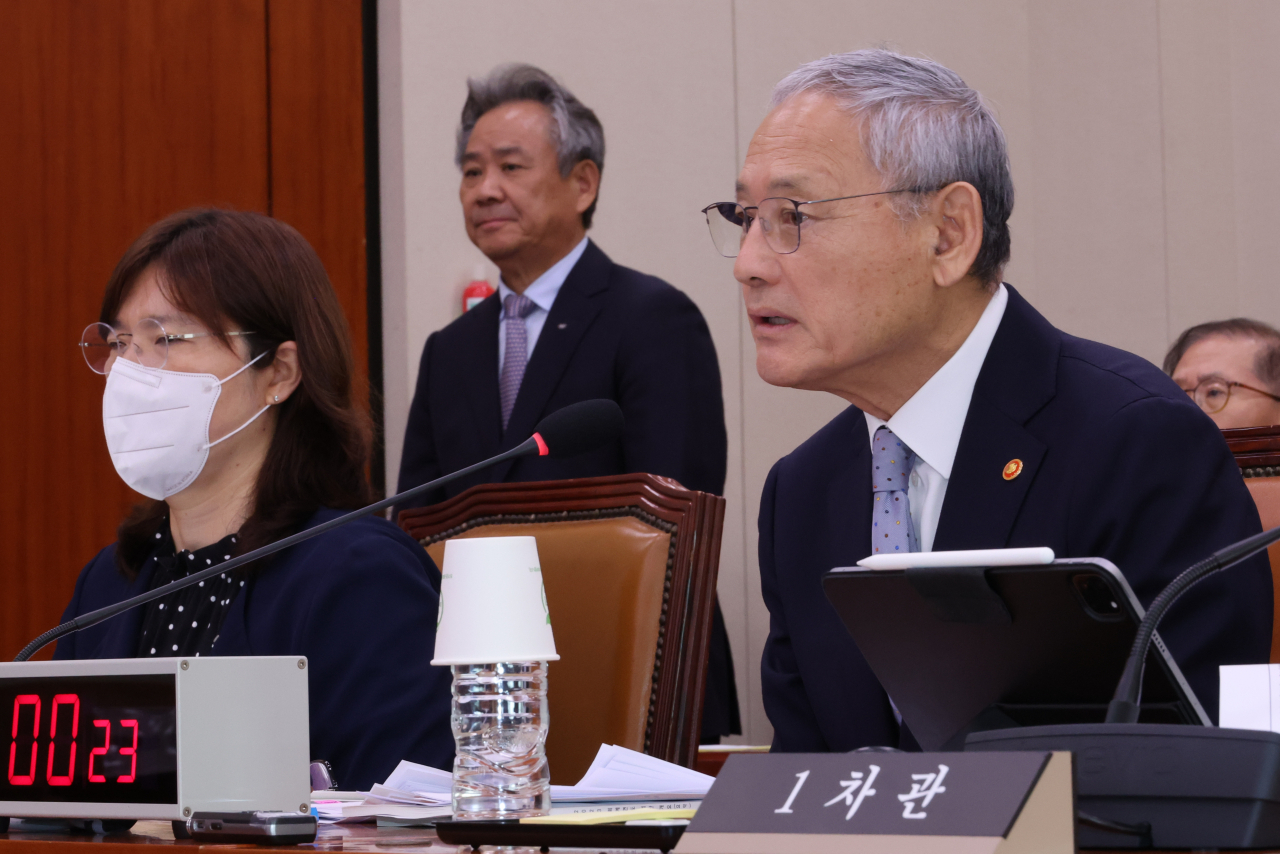您现在的位置是:半岛新闻网 > 新闻中心
The late Jacques Chirac wasn’t a great president, but we can still learn from him.
半岛新闻网2024-09-21 21:48:32【新闻中心】7人已围观
简介Popular in News & Politics Jack Smith Basically Has One Option to Sa
Popular in News & Politics
- Jack Smith Basically Has One Option to Save the Classified Documents Case
- A Key Weakness of Trump’s Defense Is Coming Into View
- The Judicial Arsonists Went Too Far for the Conservative Justices This Time
- The Day Most Important to Understanding the Israel-Palestine Conflict Is Here
Upon the death of Charles de Gaulle a half-century ago, the former president and leader of the wartime resistance was universally praised as a “grand homme.” De Gaulle’s political nemesis, the Socialist François Mitterrand, who twice served as president, also earned the same epithet, though without the same unanimity, following his death. More recently, after Simone Veil died, the liberal government minister and resistance fighter was hailed as a “grande femme.”
Grandeur, however, has been denied the former Gaullist Jacques Chirac, who died this week. In the cascade of eulogies following his death, the man who not only served twice as president of France but also as prime minister and mayor of Paris, was rarely called a great man. This is not a matter of ideology or politics. That Chirac’s former opponents on the left would refuse him greatness is not surprising, but what is more surprising, perhaps, is that few of Chirac’s former colleagues and friends have insisted on his greatness either.
Instead, what almost every public figure in France seems to agree upon, regardless of their political family, is that Chirac was a “homme sympathique.” Not a great man, but a genial and often kind one. That the death of a man like Chirac has spurred the deep sense of loss and sorrow now felt by so many French is a damning statement of the state of politics not just in France, but in most of the Western world.
Chirac did have moments where he approached greatness. Shortly after his election as president in 1995, Chirac spoke on the 53rdanniversary of the roundup of French and foreign Jews by French police in occupied Paris. More than 10,000 men, women, and children were herded into a stadium, the Vélodrome d’Hiver, where they were kept in inhuman conditions before being packed into trains and deported to Auschwitz. Every previous French president from de Gaulle to Mitterrand had insisted that a small minority, and not the French nation as a whole, was responsible for such acts of collaboration.
Advertisement Advertisement Advertisement Advertisement Chirac did have moments where he approached greatness.Acknowledging the critical work done by historians of Vichy France, Chirac put paid to this hollow claim: “On this day, France—the home of the Enlightenment and Rights of Man, land of welcome and asylum—committed an irreparable act. Failing to keep its word, France delivered those she should have protected to their executioners.” No less importantly, he warned that the “spirit of hate” and “racist crimes” again on the rise in France demanded the nation’s vigilance. “Nothing is insignificant,” he declared, “and nothing is banal.”
In 2002, Chirac delivered another inconvenient truth, this time at the Earth Summit in Johannesburg. He condemned another crime against humanity, one that was unfolding across the globe yet still largely ignored: global warming. In clear and heartfelt language, Chirac lamented a “mutilated and overexploited nature … that we refuse to acknowledge. Our house is on fire and we are looking elsewhere … yet we cannot say that we did not know. Be careful that the 21stcentury does not become that of a crime against humanity and future generations.”
AdvertisementOne year later, Chirac made perhaps his most enduring claim to greatness during the buildup to the second Iraq war. Working closely with his foreign minister, Dominique de Villepin, Chirac was rightly skeptical of the Bush administration’s evidence for the presence of weapons of mass destruction in Saddam Hussein’s Iraq. Not only did Chirac announce that France would not join the coalition that the U.S. administration was piecing together, but he also warned that the invasion would have catastrophic consequences for the Middle East and the world. In effect, he repeated what he had affirmed at Johannesburg: “We cannot say that we did not know.”
AdvertisementOf course, the French also know many other aspects to Chirac’s career that were less than grand. After his 1995 electoral campaign during which he spoke movingly about the “fractures sociales”—a term he appropriated from the sociologist Emmanuel Todd, pointing to France’s growing social and economic inequities—Chirac almost immediately tried to make budget cuts and impose welfare reforms that threatened to widen these social divisions. (Ultimately, he was forced to back down following massive public protests that paralyzed France and tarnished the reputation of his prime minister, Alain Juppé.)
Advertisement AdvertisementSeven years later, when he ran for a second term, this time against Jean-Marie Le Pen, leader of the far-right National Front, Chirac again called upon the nation’s better angels. Winning nearly 80 percent of the vote, Chirac was in an ideal position to transcend party lines and create a government that reflected this moment. Instead, he lapsed back to politics as normal, peopling his government with fellow neo-Gaullists and failing to initiate any of the policies he had promised in his earlier run. At the end of his two terms, Chirac’s balance sheet for domestic policy proved to be as strikingly thin as his nose.
Advertisement AdvertisementIt grows even thinner when one adds that, for the better part of his tenure in the Élysée, Chirac was hounded by charges of financial improprieties, related to party financing when he was mayor of Paris. In 2011, a Paris court found him guilty but waived the sentence. By then, Chirac’s physical and mental health had declined dramatically. At the same time, however, his reputation began to rise; by the time of his death, Chirac was consistently voted, just behind Simone Veil, as the most popular political figure in France.
AdvertisementHow to explain this odd state of affairs? No doubt Chirac’s moments of greatness count, as do his unwavering support of abortion rights and unflinching refusal to accept the National Front as a “normal” political party. But these stances point to a deeper quality—Chirac’s humanity.
His flaws were many and real, but so too was his compassion and consideration for others. While these qualities are absent at 1600 Pennsylvania Ave. and 10 Downing Street, they are scarcely more present at the Élysée Palace. President Emmanuel Macron has not forgotten the yellow vest protests that broke out last year against his technocratic and distant administration, but it remains to be seen if he has also learned from them. He might take a lesson from his predecessor. Though Chirac will never pass across the Pantheon’s threshold, over which are emblazoned the words “To our great men from a grateful nation,” he would be among the first to earn a place should it ever read “To our sympathetic men from a grateful nation.”
Tweet Share Share Comment很赞哦!(94756)







